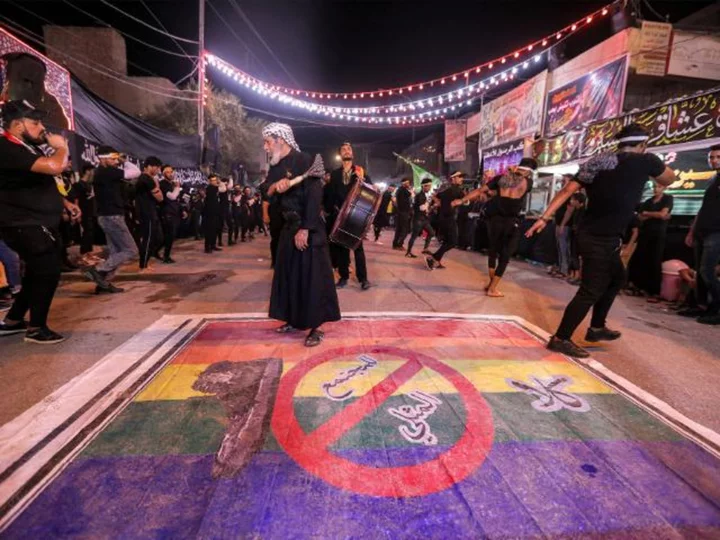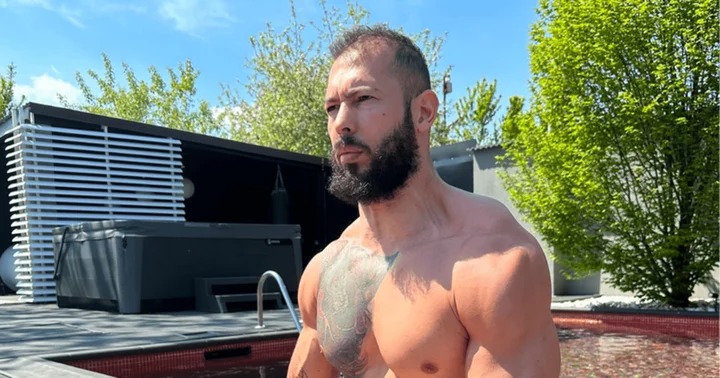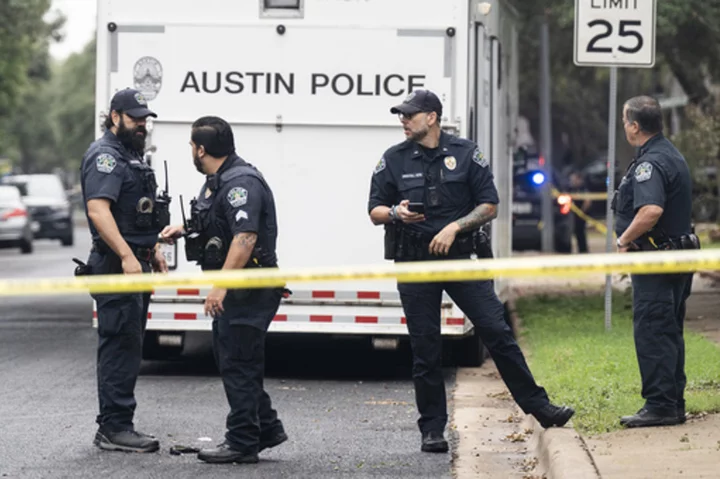A popular Iraqi TikTok personality was shot dead on Monday in Baghdad, an Iraqi security source told CNN.
Known on social media as "Noor BM," 23-year-old Noor Alsaffar had over 370,000 followers collectively on Instagram and TikTok. Alsaffar mostly posted short videos showing dresses, hair and makeup styles, often dancing to music. Following news of the shooting, many posted comments lamenting Alsaffar's death. Some others cheered it, celebrating the man who fired the shot.
The Iraqi security source told CNN that "an investigation has been opened," speaking on condition of anonymity as they were not authorized to speak to the media. "The deceased has been taken to the forensic department."
Khaled Almehna, spokesperson for the Iraqi police, described the attack as a "criminal incident" on Tuesday, adding that he will provide "important updates" at a later time.
The killing comes as Iraq cracks down on LGBTQ expression and moves to criminalize it in law. While being queer is not explicitly banned under current Iraqi legislation, LGBTQ people are often targeted under vague morality clauses in its penal code.
Before the shooting, Alsaffar faced online abuse, as well as questions about sexuality and gender. In a 2020 interview on Iraq's Al Walaa channel, Alsaffar said: "I'm not transgender and I'm not gay. I don't have other tendencies, I'm only a cross-dresser and a model." Alsaffar identified as a male who worked as a model and makeup artist.
Alsaffar spoke in videos about facing threats on social media over choices of dressing.
In a 2021 YouTube interview with Iraqi blogger Samir Jermani, Alsaffar said: "I'm cautious but not afraid" in response to a question about the TikToker's appearance.
The Iraqi LGBTQ rights group, IraQueer, posted about Alsaffar's death, adding the hashtags #Transphobia and #MuderOfTransPeople on X, formerly known as Twitter.
A new law has been proposed in the Iraqi parliament that explicitly criminalizes gay sex, transgender expression and other forms of LGBTQ conduct. If adopted, it would punish same-sex relations with the death penalty or life in prison, punish "promoting homosexuality" with a minimum sentence of seven years, and criminalize "imitating women" with up to a three-year sentence.
Violence and discrimination against LGBTQ people in the country has increased noticeably in recent months, rights groups say. The country has seen protests, mostly by supporters of Shiite Muslim factions, burning the rainbow flag in response to recent Quran burnings in Sweden and Denmark. HRW says violence against LGBTQ people in Iraq "has routinely been met with impunity."
Iraq's media regulator in August banned the term "homosexuality" across all traditional and social media platforms, demanding that the term "sexual deviance" be used instead.
Rights groups have decried growing crackdowns on LGBTQ communities in the Middle East, including what Human Rights Watch found to be digital targeting based on online activity.
Online targeting is often followed by extreme punitive measures, including arbitrary detention and torture, the rights watchdog said in February after examining LGBTQ rights violations in Egypt, Iraq, Jordan, Lebanon, and Tunisia.









